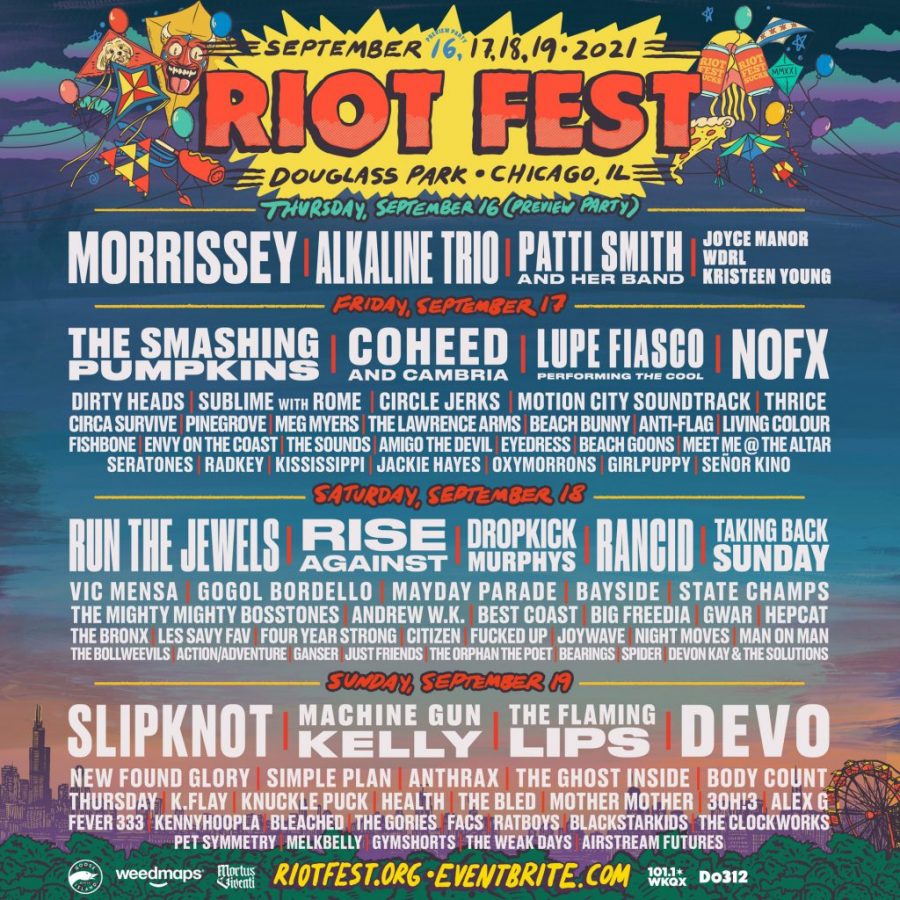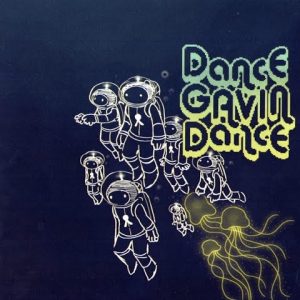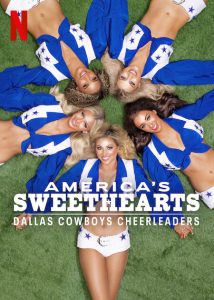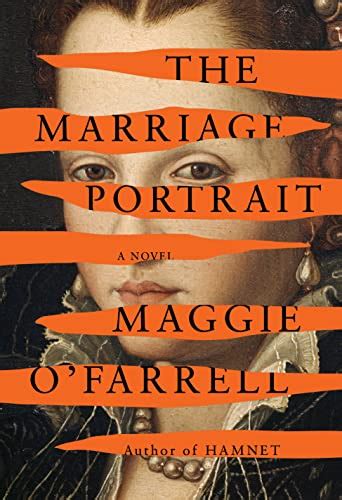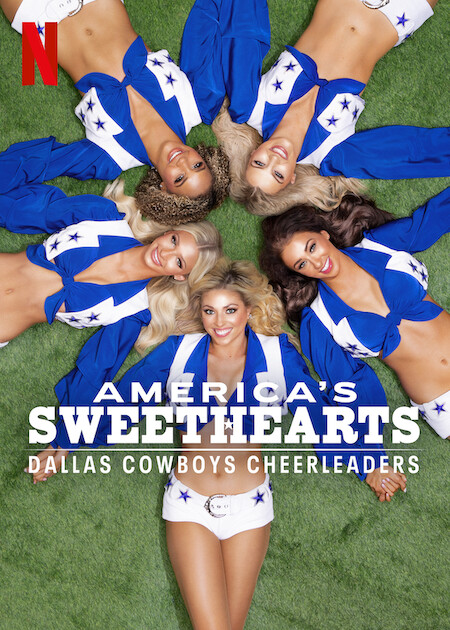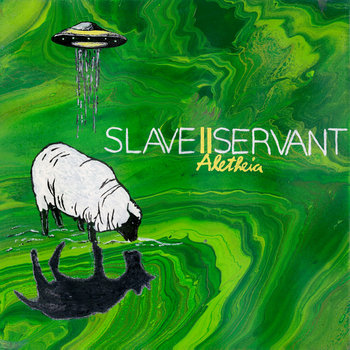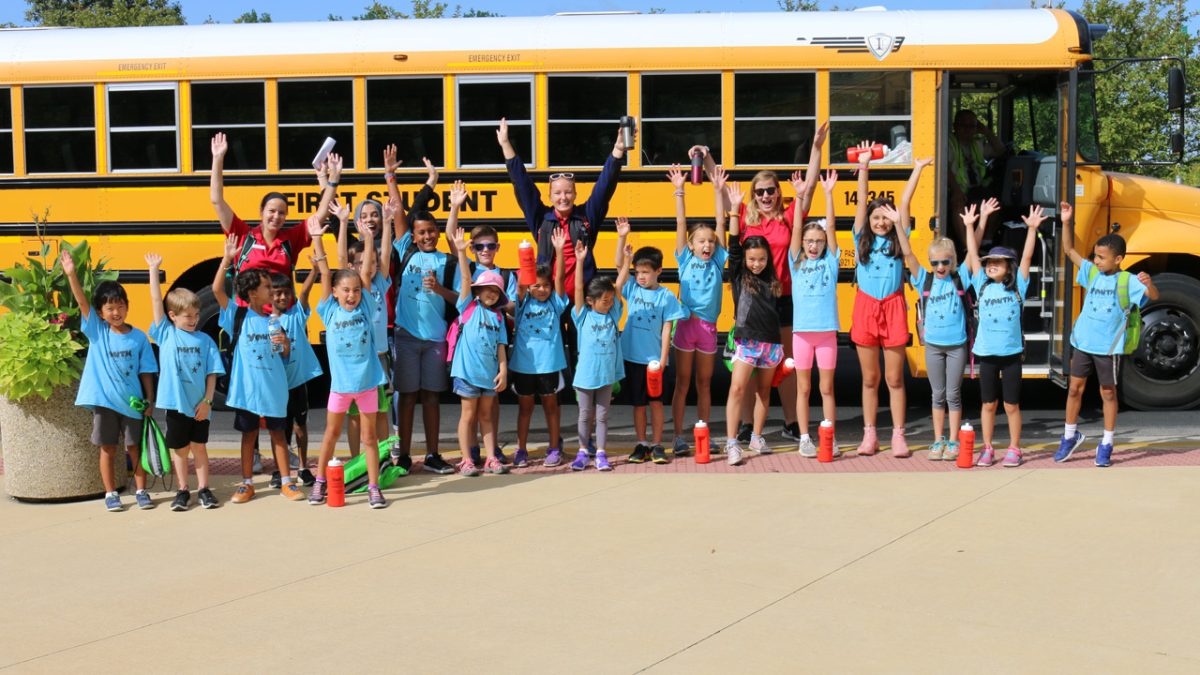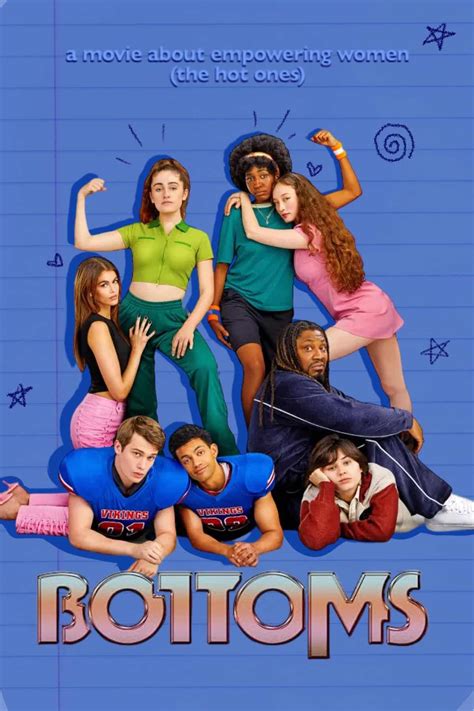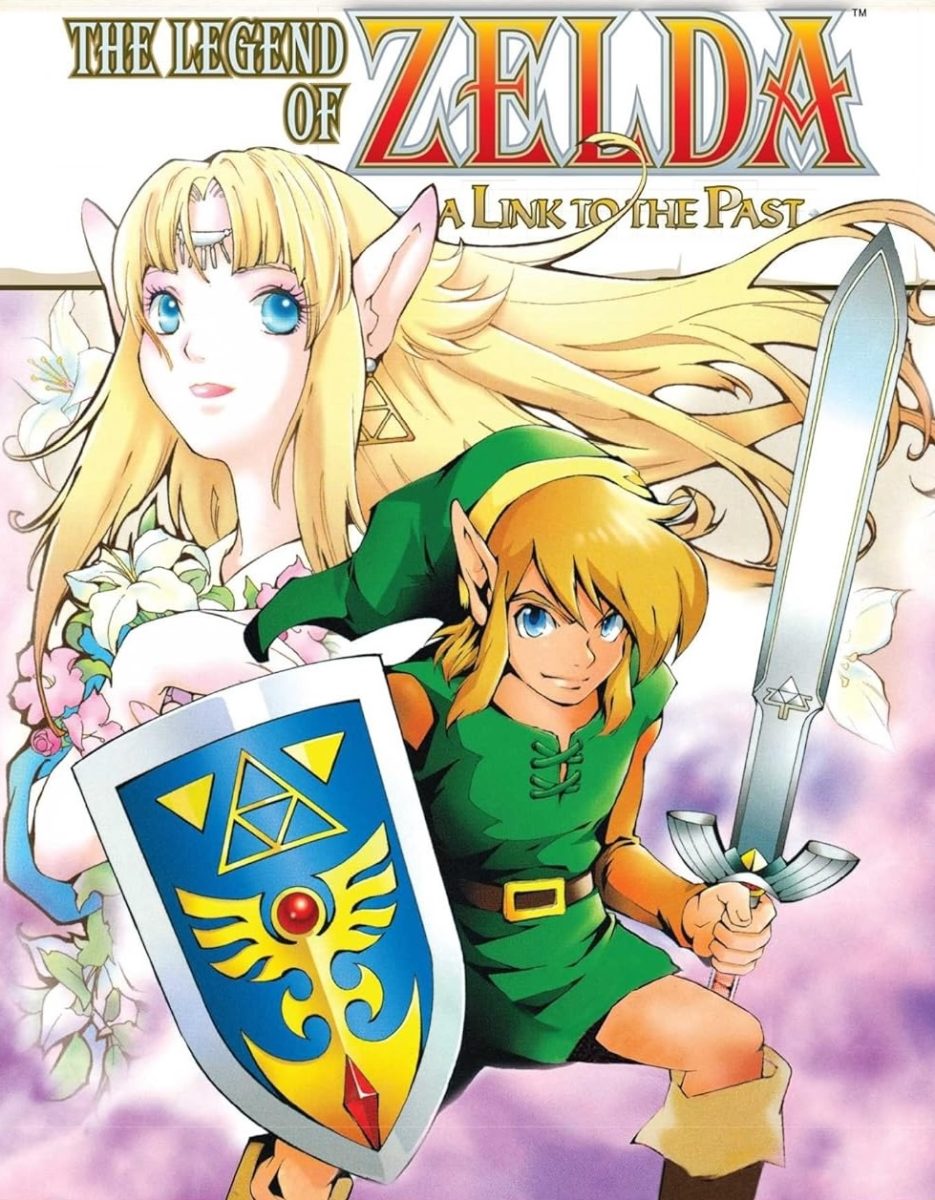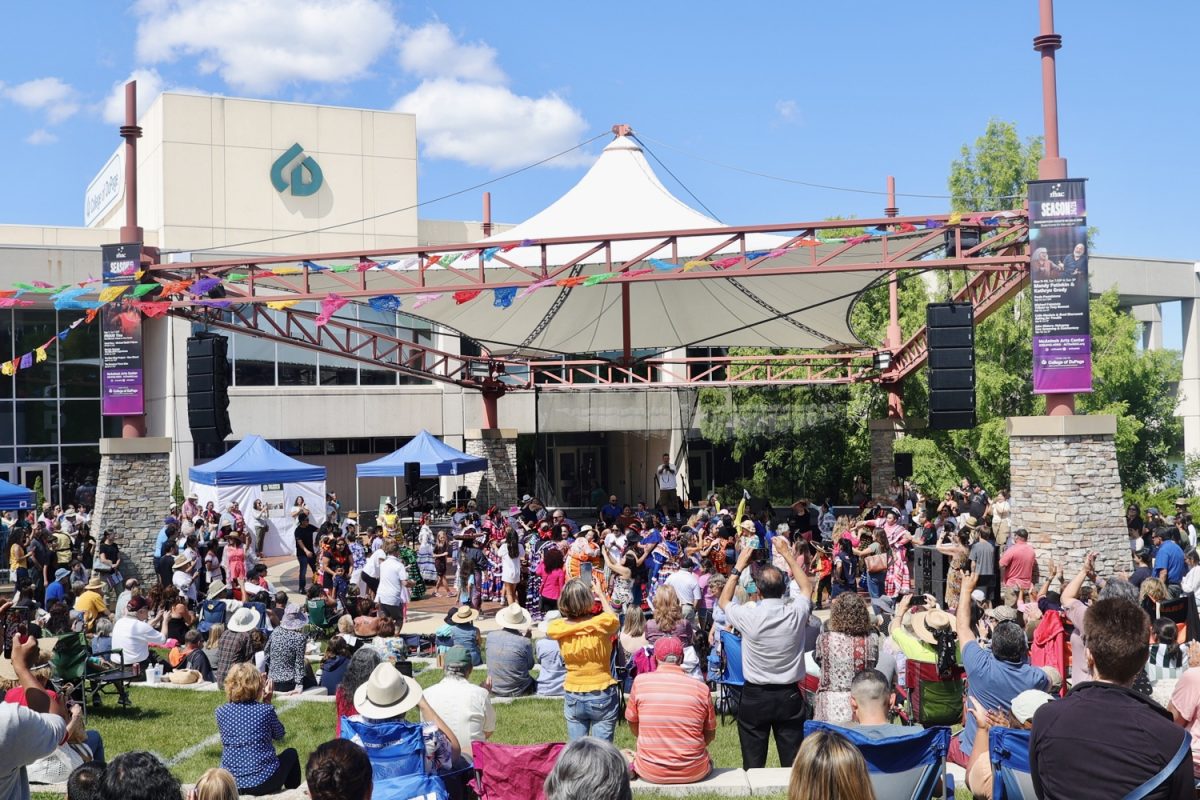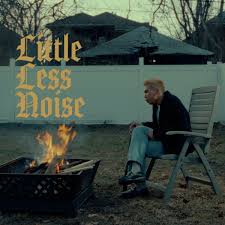Riot Fest 2021 in a Nutshell
Riot Fest 2021 not only reminded music fans of the wonders and excitement of outdoor fests, but allowed for people’s pent up emotions of anger and frustration to take flight in the form of loud, energetic, and fascinating music.
October 11, 2021
The weekend of Sept. 16-19 will forever be instilled within my memory. That weekend made up for 18 months waiting, canceling and skepticism. As I entered the gates of Riot Fest, I was required to provide proof of either COVID vaccination or a recent negative test because of the newest delta variant. But soon after, I was again accustomed to the attributes of a typical music fest such as sweat, piss, booze and weed. I was also able to take a moment to collect myself while glancing vividly around, trying to comprehend that once again fests had returned. Hopefully, they’re here to stay.
COVID was shamed throughout the entire weekend, as artists and bands gave a big, middle finger to the virus while reminding everyone of the impact this festival had on everyone after a year of no live performances. Everything was fair game, and if someone didn’t want to wear a mask, they didn’t have to, although masks were strongly recommended for attendees. Some fans wore masks during performances, others did not, and there was no issue with either decision. During the time I spent there, I didn’t encounter a single time where anyone was confronted about their masking choice.
Everybody knew the potential peaks and valleys of attending fests. The huddling and formation of large-scale crowds did little to scare people away. Being compacted and squished in between fans is one of the most uncomfortable, yet amazing, experiences I encountered in a very long time, as the idea of community and togetherness through music reminded me just how powerful fests impact people, as they get to share their love and appreciation to some of their favorite bands and artists with like-minded individuals. It doesn’t get any better than that.
The structure of the fest was set up similar to previous years, with five stages scattered around Douglas Park named Riot, Roots, Rise, Radical and Rebel, with the Riot and Radical stages evenly distanced.
The lineup consisted of acts such as Morrisey, Smashing Pumpkins, Rise Against, Run the Jewels, Machine Gun Kelly and Slipknot, to name just a few of the many gratifying acts I was exposed to that weekend. Each day seemed better than the last as the crowds grew bigger and bigger ensuring the promise of interactive and entertaining performances for fans who desperately needed to hear the sounds of distorted guitars, intricate basslines, unifying beats and outgoing vocals.
The Good, The Bad, and The Ugly
The Good: The act Sublime with Rome was one of my top three favorite performances, as they continued to celebrate the original band’s success 13 years after the death of their former singer, Bradley Nowell. Rome Ramirez stepped in to take the dearly departed singer’s place. Their act consisted of an hour-long set that integrated newer tracks such as “Panic,” “You Better Listen,” and” “Wicked Heart,” while also adhering to the roots of Sublime with classics such as “Wrong Way,” “Date Rape,” and “What I Got.” This was followed by trippy visuals that matched perfectly with the band’s lenient and moderate sound that combined influences of both punk and reggae to create a cosmic performance.
Vic Mensa was another act that sparked my attention, as I was only a few feet away from the stage, standing right along the barricade with my older brother. We waited 90 minutes for Vic’s act, and it was worth every second. He displayed a powerful and poetic performance with tracks such as “Didn’t I (Say I Didn’t),” “U Mad,” and the hard-balling yet controversial “16 Shots.” This was followed up with a complete performance of Vic’s 2013 album “Innanetape” along with two covers of “Fistfight” by 93PUNX and “Cocoa Butter Kisses,” a collaboration he did with Chicagoan Chance the Rapper that instantly resulted in success. Sadly, Chance did not show up, but Vic’s performance did not disappoint. Vic’s energy fueled the crowd as he interacted with audience members from the left, right, and center of the stage, providing an intermediate connection between artist and audience.
Run The Jewels (RTJ) provided a similar experience. For their performance I once again found myself in the same area I had been in for Vic, as I was introduced to other well-known artists to whom I had not been very accustomed. As with Vic, RTJ’s performance provided another level of connection between me and the two older performers that stood before me. My initial drive to witness their act was related to the fact that I only knew a few of their songs. They proved two middle-aged men could still rap and look good while doing it. They brought out wholesome and powerful performances, from tracks such as “Ooo La La,” “Oh My Darling Don’t Cry,” “Walking in the Snow” and more. I was a bit shocked and disappointed that they didn’t play their hit single “Nobody Speak,” which is considered to be an instant classic that contributed to much of their success. But besides this minor flaw, their act was my favorite despite having much anticipation for Slipknot. The whole scenario of being up close and personal just made RTJ my No. 1 as their act only heightened my experience, drawing me closer into their world while drifting away from mine.
The Bad: With the expansive lineup along with attendance, I can safely say that I only encountered minor issues. One of them was exposure to large crowds of people waiting for one specific act to commence. This is no surprise to any music fest-goer and is one that everyone should keep in mind. But even being fully vaccinated, there is still a lingering fear that being so closely compacted with other people could be a cause for concern, especially during a pandemic. Nevertheless my brother and I were fully aware of the situation and did everything we could to be safe and healthy while still having a good time. Another drawback would be some performances sounding quieter than others from the first day. My brother was the first to notice this while watching Alkaline Trio play their set. He noted that the sound just wasn’t right and was almost muffled and toned down at some points. I soon noticed this as well, but it did little to interfere with the experience.
In addition to the large crowds and sound issues, Morrisey performed but this came at a ridiculous price. Because of his vegan philosophy and strong stance against the slaughter of animals, almost all of the food vendors did not serve any form of meat. Despite being one of alt-rock’s most innovative frontmen, Morrisey can be quite difficult, as it has been known that if venues sell meat throughout his performance, he will refuse to play. This has been done many times in the past, making him one of rock’s most questionable and controversial icons. Nevertheless, I was able to catch the start of his set as he played my favorite song from “The Smiths,” “How Soon Is Now.” Despite his wacky character, his performance of the track was flawless, as it reminded everyone of his musical creativity rather than his emotional instability.
The Ugly: Despite the minor technical difficulties, compacted crowds, and the selfishness of Morrisey, the weekend also had some drama that would soon spark a rivalry between two acts. The final night I watched Machine Gun Kelly (MGK) with my cousin, who eagerly awaited his appearance. I am personally not a big fan of MGK, but the night was more about my cousin’s first experience at Riot Fest, rather than my second. Slipknot performed their set right alongside MGK, with both artists starting around the same time. About a half an hour into MGK’s performance, the artist made a discerning and bitter comment toward Slipknot, saying “Hey, you wanna know what I’m really happy that I’m not doing? Being 50 years old, wearing a fucking weird mask on a fucking stage. Talkin shit.” Once I heard those words, my skepticism turned to anger and disappointment. I was shocked to hear this comment, as I wondered what did Slipknot ever do to warrant such disrespect? The comment was made so abruptly and randomly within his set. I understand the idea of free speech, and band feuds, but this was just ridiculous, as divisive words were used to degrade one of metal’s most beloved acts that specialized in the genre before MGK was even conceived. This apparently stemmed from Slipknot vocalist Corey Taylor refusing to include vocals he recorded for MGK’s most recent top-selling album, “Tickets to my Downfall,” which was released in September 2020.
Riot Fest 2021 reintroduced large-scale music festivals to the public after a year of fans just sitting on their asses, listening to vinyl albums or Spotify playlists, yearning for their prayers of the revitalization of live music to be heard. Riot Fest was that answer. Riot Fest was truly a riot, and one can only wonder what will unfold in 2022 with the lineup already consisting of announced acts The Original Misfits and My Chemical Romance.

